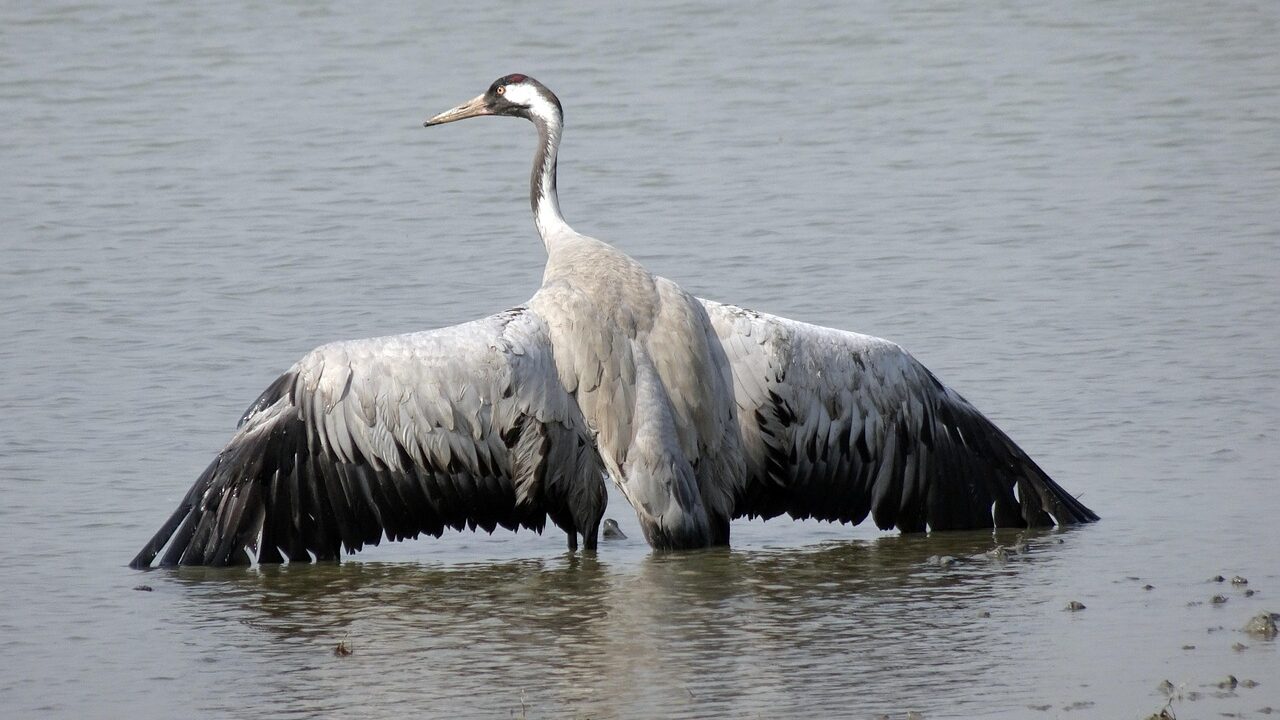The risk of bird flu outbreaks could further increase across Europe, following an increase in cases of migrating cranes in Germany being “particularly affected by the disease for the first time,” according to the Friedrich Loefller Institute (FLI)
The institute stated that over half a million birds have been culled in Germany since the beginning of September this year to stop the spread of bird flu.
However, several German states have reported a sharp rise in deaths among cranes recently as a result of the virus.
Due to the current high migratory activity of crane populations, the FLI warned that “further spread of bird flu infections must be expected in the near future”.
The FLI has advised poultry farmers to implement strict biosecurity measures to minimise contact between poultry and wild birds and reduce the risk of outbreaks.
Belgium
Bird flu has also recently been detected at two separate farms in Belgium, resulting in a countrywide order for all poultry to be kept indoors until further notice.
The country’s Federal Agency for the Safety of the Food Chain (FASFC) last week announced that the H5N1 strain of bird flu has been confirmed at a hobby farm and a commercial poultry farm in mainland Belgium.
The poultry being held at the commercial farm have been culled as a result and a 3km protection zone and a 10km surveillance zone has been established around Houthulst, where the farm is located in the West Flanders province of Belgium.
Following the outbreak, the FASFC ordered all commercial and Sanitel-registered poultry farms to confine their poultry and birds from Thursday, October 23 onwards.
France
Meanwhile, the French Ministry of Agriculture has changed the country’s bird flu risk level in place from ‘moderate’ to ‘high’, as of October 22, following the publication of a decree last week.
The decree has implemented a number of reinforced prevention and biosecurity measures.
Similar to Belgium, poultry of all species have been ordered to be kept indoors and there also is a ban on gatherings of birds.
The French Ministry of Agriculture warned that the detections are increasing in Europe in migratory birds, particularly in Spain and Germany, but also in France.
The ministry stated: “These cases confirm a strong infection dynamic in wild birds using the down-bound flyways, active from September to December.”

